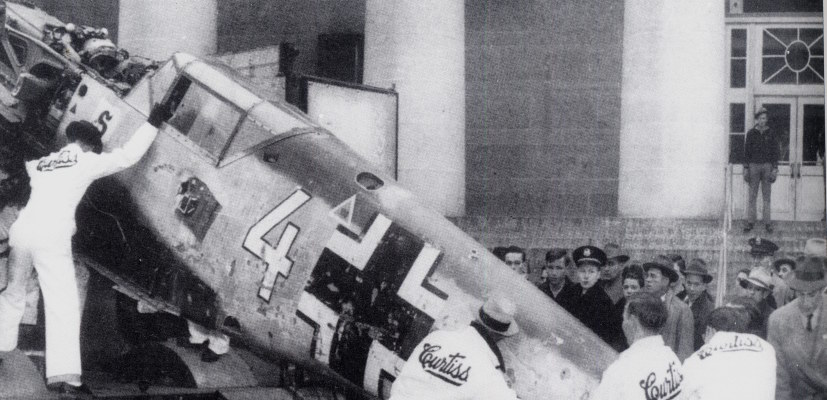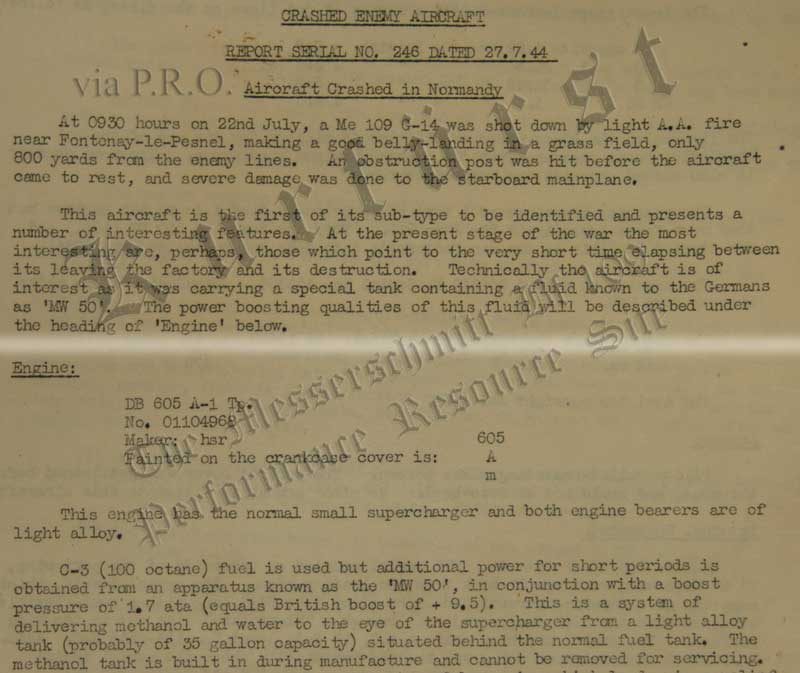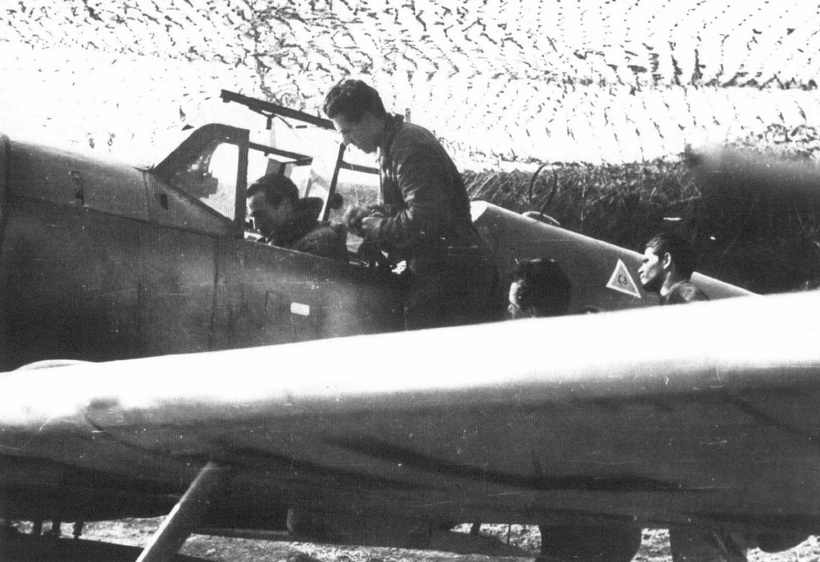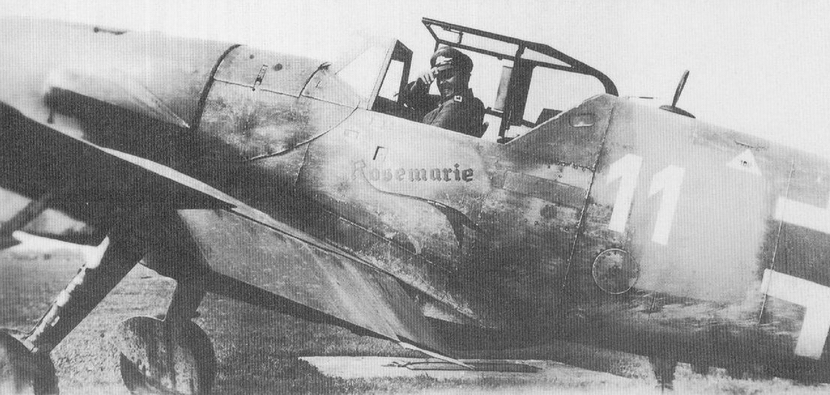Quote:
Originally Posted by Seadog

Two Historians in Technology and War, Howard and Guilmartin:
The importance of oil to the conduct and outcome of the Second World War extended well beyond quantitative, macro-economic considerations. High octane aviation gasoline gave British and American aircraft, particularly fighters, a critical performance boost not enjoyed by their Axis equivalents; indeed, some have gone so far as to attribute British victory in the Battle of Britain to 100 octane gasoline.
|
Evidently the authors are wrong. Germans were using 92/110 grade (later 96/145 grade) fuel through the war for their fighters, from the start of the Battle of Britain.








Quote:
Originally Posted by Seadog

Axis engineers were well aware of the performance advantages conferred by high octane, but the refining process was highly inefficient, many more barrels of crude being required per barrel of refined gasoline as octane increased. So long as their sea lanes stayed open, Britain and America could afford the inefficiency; the Germans, Japanese and Italians could not, and their fighter pilots entered combat at a significant handicap. p11.
|
Evidently the authors are wrong in this as well. The Germans did not rely on crude oil to produce their high own high octane aviation fuel, but on the synthetic oil produced from coal. Both their high and normal octane aviation fuels had the same composition, expect for additional aromatics in their high octane fuel, which was produced by getting the normal grade fuel through an extra chemical process.

Air Warfare: an International Encyclopaedia: A-L, Walter J. Boyne
Quote:
|
Both British fighters benefited from 100-octane fuel. German aircraft used synthetic gasoline of 87-89 octane.
|
Evidently Boyne's research was sloppy too. The Germans were using synthethic 92/110 octane fuel for their Me 109s, Me 110s and Ju 88 during the Battle of Britain. In early 1941, practically all of the Luftwaffe se fighters converted to 100 octane (109E-7/N, F-1, F-2).
 Sydney Camm and the Hurricane
Sydney Camm and the Hurricane, Fozard, Foreword by Sir Peter G. Masefield:
Quote:
|
Why would Masefield say that "...without... "100 octane fuel" - there would have been no prospect of success"?
|
Because he overstates technical aspects over operational aspects. BTW loss rates of RAF fighters to German fighters is sobering - it ran around 2:1 in the German's favour during the Battle. RAF Fighter Command lost over 100% of the force it started the Battle within four months.